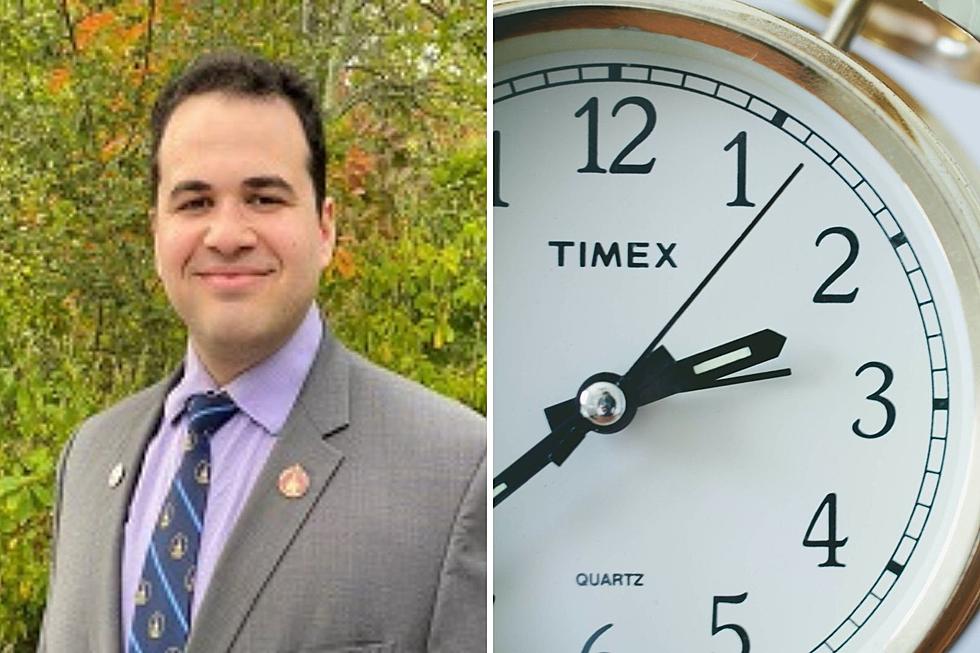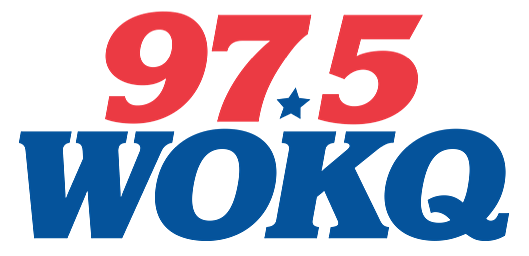
Permanent Daylight Saving Time a Step Closer for NH
A unanimous vote by the U.S. Senate Tuesday to make Daylight Saving Time permanent pleased a New Hampshire state representative, who has sponsored legislation to make the change.
The vote on the bill named the "Sunshine Protection Act" sponsored by Sen. Marco Rubio, R-Florida, came two days after clocks were pushed ahead. Massachusetts Sen. Ed Markey was a co-sponsor.
If the bill passes the House and is signed by President Joe Biden, states would simply remain on Daylight Saving Time in 2023.
The Push for Daylight Saving Time in NH
Republican New Hampshire state Rep. Josh Yokela sponsored a bill in the current session that would at least put making a change on the table for discussion. HB 1287 would designate March as Sleep Awareness Month "to raise awareness about how the loss of sleep negatively affects productivity, health, and safety, including workplace and car accidents."
It also includes a provision requiring the governor to call a hearing on switching to permanent Daylight Saving Time.
Yokela said the Senate vote is a good sign, and hopes the House of Representatives passes the bill as well.
"It is a very good sign. I hope the House of Representatives will be as supportive of the idea. I'm pretty excited. It's a good step forward," the Fremont resident told Seacoast Current.
Late Winter Sunrises
A criticism of permanent Daylight Saving Time is the result in winter when sunrise is not until closer to 8 a.m., meaning children would be waiting for their school buses in the dark. If Daylight Saving Time had been in effect this year, sunrise in Portsmouth would have been 8:15 a.m. on January 1 and 7:58 a.m. on February 1.
Yokela said sleep issues caused by the clock change in children outweigh the criticism and brings up another issue: the start time of school.
"The recommendation from pediatric associations and many people trying to help kids with sleep is that we should not be starting school as early as we do. It is harmful to kids, especially teenagers, to be starting school before 9 a.m.," Yokela said.
The American Academy of Pediatrics has recommended that middle and high schools start at 8:30 a.m. or later to give students the opportunity to get the amount of sleep they need.
Yokela echoed the CDC's finding that during puberty, adolescents become sleepy later at night and need to sleep later in the morning as a result of shifts in biological rhythms.
"During that time, while their eyes are awake, their brains are not fully turned on. Even if we tried to teach them something, they're going to retain less and learn less." Yokela said. "It's in the best interest of kids that they get the proper amount of sleep and get the time necessary," Yokela said.
Contact reporter Dan Alexander at Dan.Alexander@townsquaremedia.com or via Twitter @DanAlexanderNJ
Trending Stories for Seacoast Current (March 7-13, 2022)
More From 97.5 WOKQ









